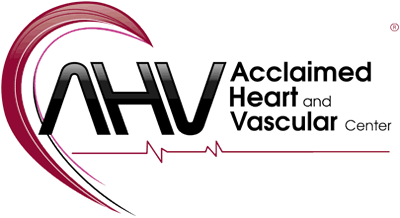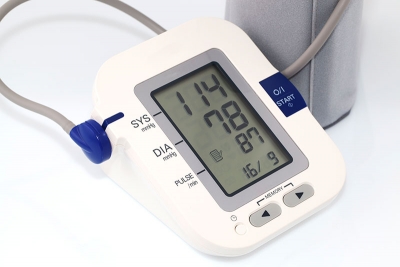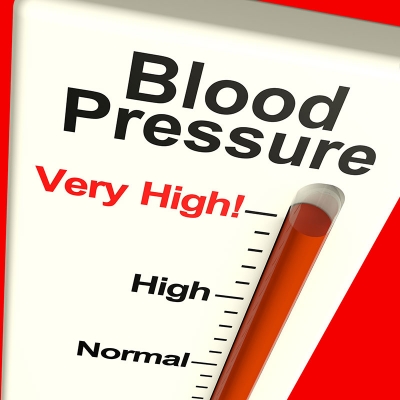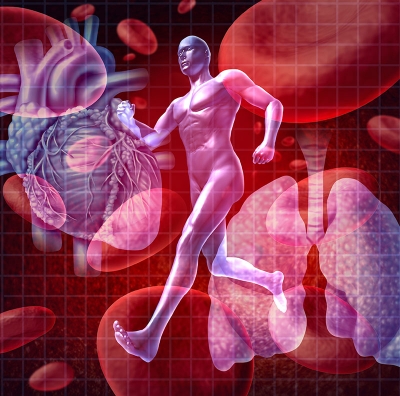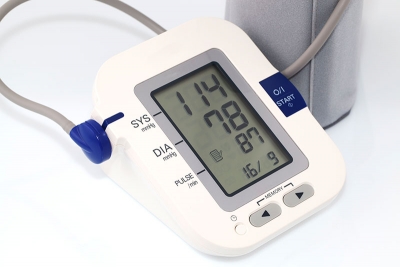Hypertension
High blood pressure, or hypertension, occurs when your blood pressure increases to unhealthy levels. Your blood pressure measurement considers how quickly blood is passing through your veins and the amount of resistance the blood meets while it’s pumping.
Blood pressure is the force exerted by the blood against the walls of blood vessels, and the magnitude of this force depends on the cardiac output and the resistance of the blood vessels. Hypertension is classified as having blood pressure higher than 140 over 90 mmHg (millimeters of mercury). A diagnosis of hypertension may be made when one or both readings are high. This means the systolic reading (the pressure as the heart pumps blood around the body) is over 140 mmHg (millimeters of mercury) and/or the diastolic reading (as the heart relaxes and refills with blood) is over 90 mmHg.
High blood pressure, or hypertension, occurs when your blood pressure increases to unhealthy levels. Your blood pressure measurement considers how quickly blood is passing through your veins and the amount of resistance the blood meets while it’s pumping. Click here to learn more about Hypertension.
Hypertension is very common. According to the CDC, In 2016, 75 million Americans (29%) are living with the condition.
It is very important to monitor and control your high blood pressure. Click here to learn ways to prevent and control hypertension.
High blood pressure, or hypertension, occurs when your blood pressure increases to unhealthy levels. Your blood pressure measurement considers how quickly blood is passing through your veins and the amount of resistance the blood meets while it’s pumping. Click here for more information on hypertension.
To control your hypertension, you can either take medicine prescribed by your doctor or try lifestyle changes first. If your blood pressure is very high - higher than 160/100, or when either number is higher – it is recommended that you start with medicine to lower it immediately. Either way, you will need to adjust your lifestyle to live more of a heart-healthy lifestyle and lower your risk for heart attack and stroke.
Prehypertension is a warning sign that you may get high blood pressure in the future. High blood pressure increases your risk of heart attack, stroke, coronary heart disease, heart failure, and kidney failure. There's no cure for high blood pressure, but there is treatment with diet, lifestyle habits, and medications.
The US National Heart Lung and Blood Institute developed the DASH diet for people with high blood pressure. U.S. News & World Report in January 2017 ranked the DASH diet as the best overall diet for the seventh year in a row.1
Standing for Dietary Approaches to Stop Hypertension, DASH has been specially formulated to help people lower blood pressure. It is a flexible and balanced eating plan based on research studies sponsored by the institute, which says the diet:
- Lowers high blood pressure
- Improves levels of blood lipids (fats in the bloodstream)
- Reduces the risk of developing cardiovascular disease.
